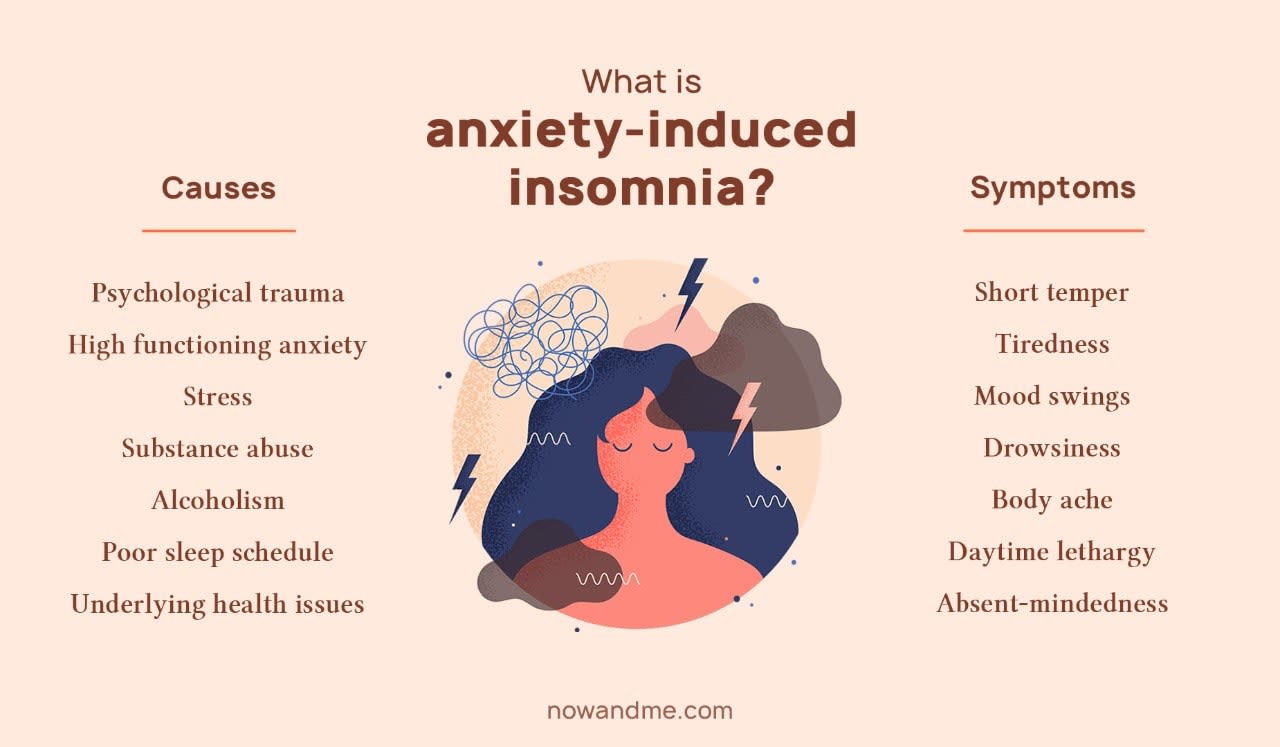The Greatest Guide To Insomnia: Symptoms, Causes & Treatment - American Sleep

4 Easy Facts About Medical Definition of Insomnia - RxList Described
Your service provider will also examine your medical history and medications you are taking to see if they might be impacting your capability to sleep. You may also: Your medical professional may want you do a blood test to eliminate specific medical conditions such as thyroid issues or low iron levels that can negatively impact sleep.
Sleep studies (polysomnograms) are not required for detecting sleeping disorders. If your medical professional has concerns that your sleeping disorders might be triggered by sleep apnea or another sleep disorder, you might be referred. You may go to a sleep conditions center or do the research study in your home. Management and Treatment What are the complications of insomnia? Gradually, absence of sleep or bad quality sleep can adversely impact your physical and psychological health.

Insomnia: Overview and More
For chronic insomnia, your healthcare supplier may suggest: CBT-I is a short, structured intervention for insomnia that helps you determine and change ideas and behaviors that cause or worsen sleep issues with routines that promote sound sleep. Unlike sleeping tablets, CBT-I helps you get rid of the underlying reasons for your sleep issues.

Primary vs Secondary Insomnia: What's the Difference?
The Only Guide for Managing Insomnia Disorder - Effective Health Care Program

In many cases, though, taking sleeping pills for a brief time can assist you sleep. Medical professionals recommend taking sleep medicines only once in a while or just for a short time. They are not the first choice for dealing with chronic sleeping disorders. Can melatonin help me sleep? Your body produces a hormonal agent called melatonin that promotes sleep.
However there's no proof that these supplements work. Due To The Fact That the U.S. Eappen Clinic and Drug Administration (FDA) does not control supplements the same as medications, you ought to talk with your doctor prior to taking one. Prevention How can I prevent insomnia? Way of life modifications and enhancements to your bedtime regular and bed room setup can typically assist you sleep better: Prevent big meals, caffeine and alcohol prior to bed.
Cut down on caffeine, consisting of coffee, sodas and chocolate, throughout the day and especially during the night. Go to sleep and get up at the same time each day, including weekends. Put away smartphones, Televisions, laptops or other screens a minimum of thirty minutes prior to bedtime. Given up cigarette smoking. Turn your bedroom into a dark, quiet, cool sanctuary.
